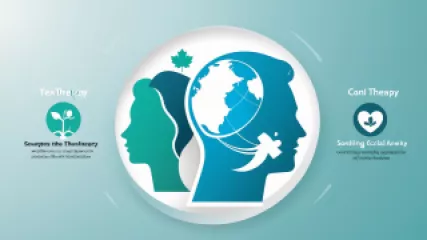What are the benefits of virtual holistic therapy with a psychologist?
vor 1 Jahr
Ganzheitliche Therapie
Top 10 Cognitive Restructuring Techniques for Mindset Transformation
vor 1 Jahr
Techniken zur kognitiven Umstrukturierung
The Ultimate Guide to Overcoming Social Anxiety
vor 1 Jahr
Soziale Angst
What are Effective Self-Regulation Techniques for Adults?
vor 1 Jahr
Emotionsregulierung bei Erwachsenen
10 Best Online Therapy Options for Social Anxiety
vor 1 Jahr
Soziale Angst
10 Joyful Self-Improvement Strategies from Psychology
vor 1 Jahr
Psychologie der Freude
The Ultimate Guide to Managing Chronic Stress
vor 1 Jahr
Chronischen Stress bewältigen
Healing From Rejection: A Step-by-Step Guide
vor 1 Jahr
Umgang mit Ablehnung
What Are the Key Signs of Sleep Disorders?
vor 1 Jahr
Schlafstörungen
Strengthen Emotional Resilience: A Research Summary
vor 1 Jahr
Emotionale Widerstandsfähigkeit
Effective Strategies for Emotional Wellness After a Breakup
vor 1 Jahr
Bewältigung des Endes einer Beziehung
Embracing Change: My Thoughts on Life Transitions
vor 1 Jahr
Lebensübergänge
Mastering the Art of Overcoming Judgment Fear: A Step-by-Step Guide
vor 1 Jahr
Angst vor Beurteilung überwinden
Insider's Perspective: A Psychiatrist's Take on Getting Psychiatric Medication Online
vor 1 Jahr
Psychiatrische Medikation
Understanding Social Anxiety: Research Summary
vor 1 Jahr
Soziale Angst















